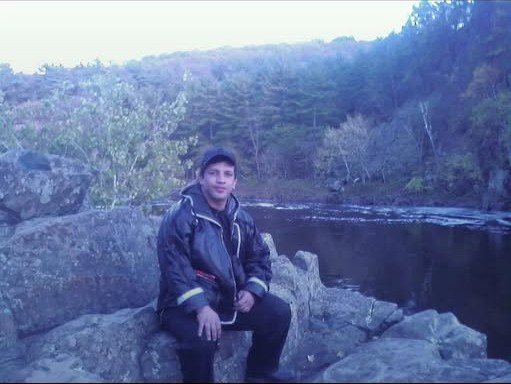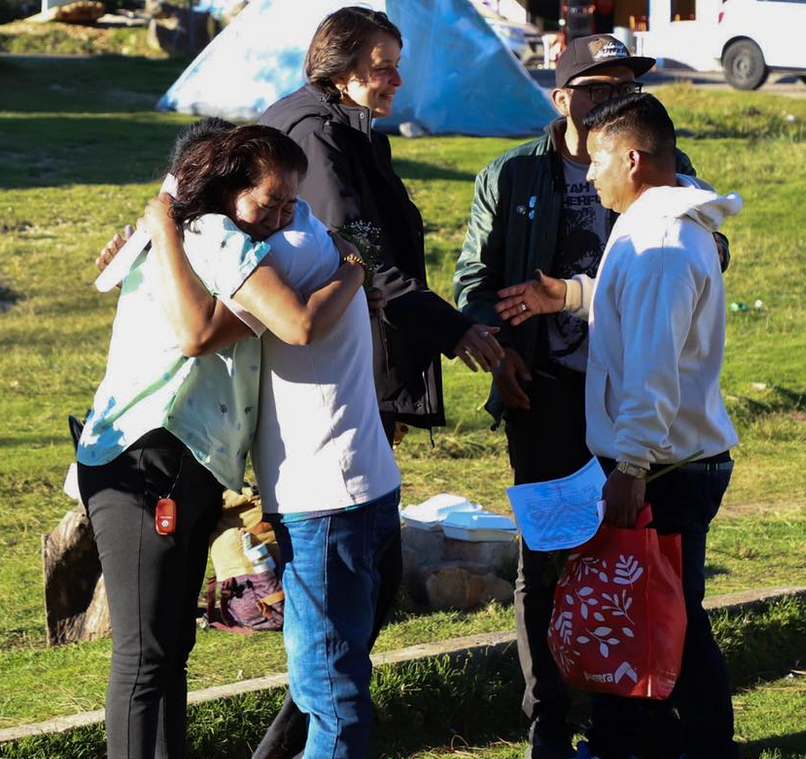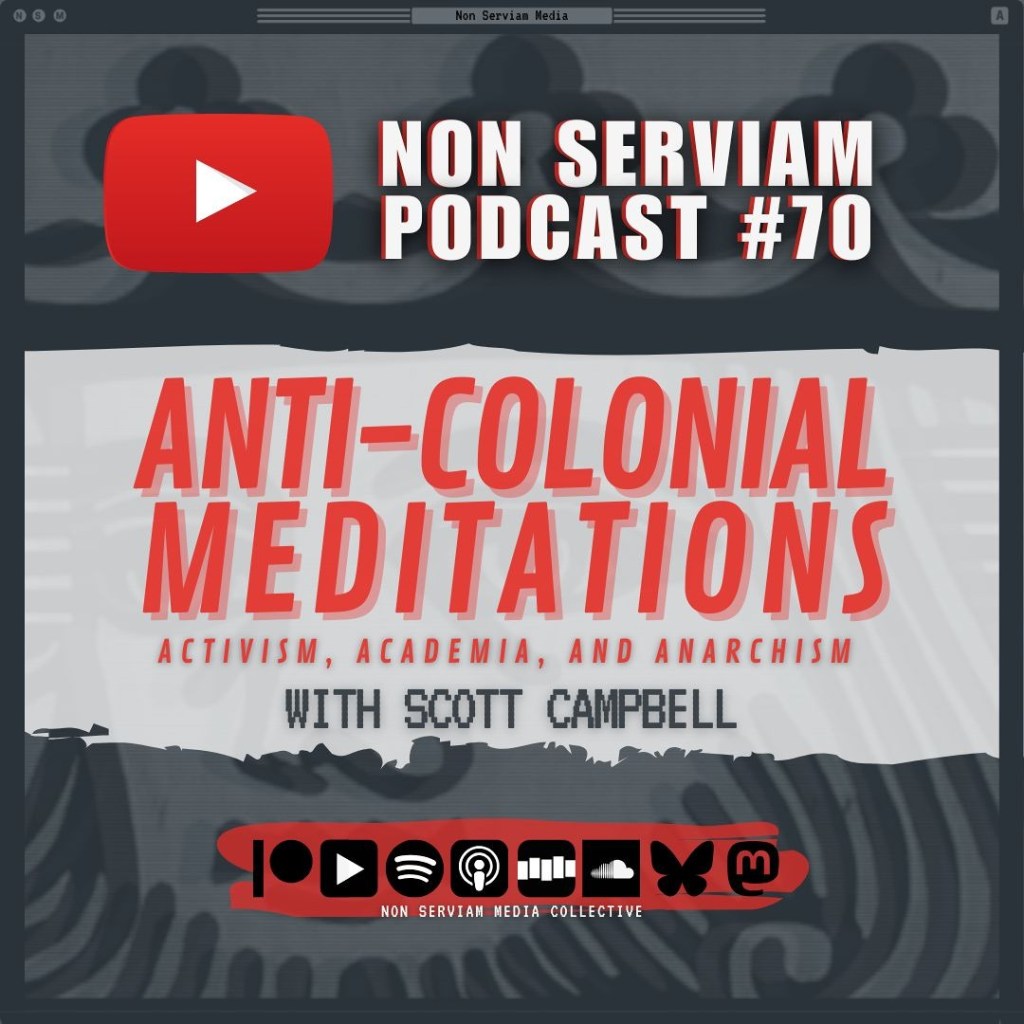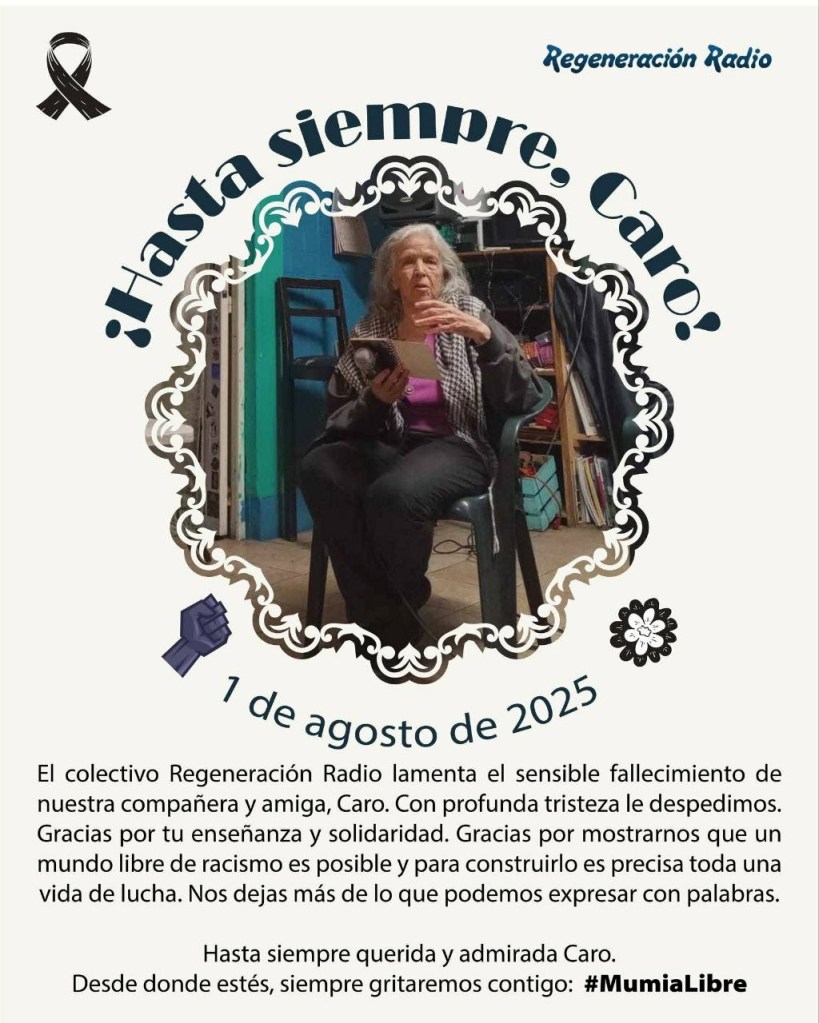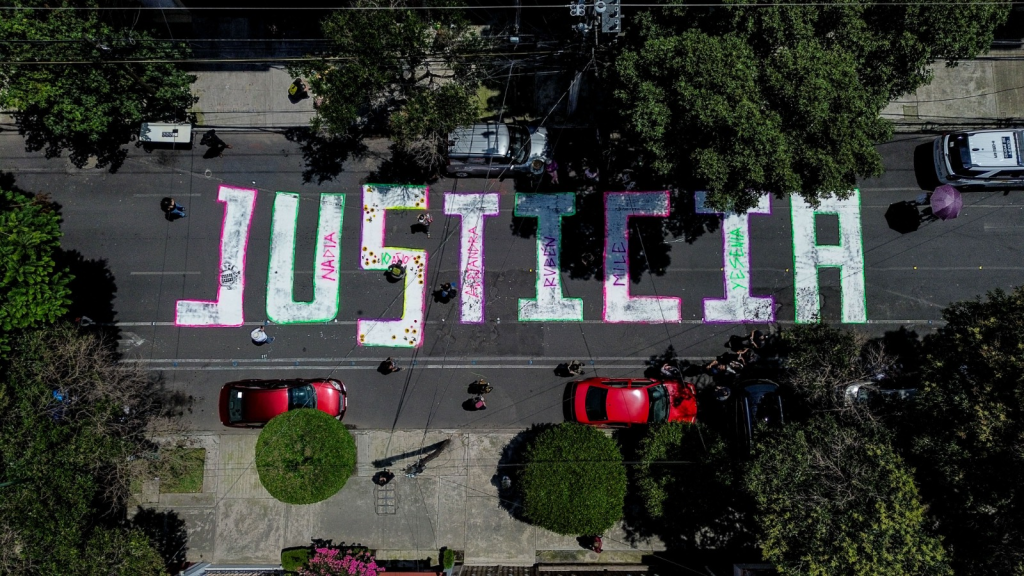The actions of ICE around the so-called United States are deeply troubling on several levels. One is the violence and terror of their actions themselves. Another is the fascist, white supremacist ideology dictating and justifying those actions. A third, perhaps underexamined, is the impact those actions have on us as targets, resistors, or merely observers.
The deployment of unaccountable, masked mercenaries whose sole purpose is to kidnap, terrorize, and murder people of color and those in solidarity with them has appropriately sparked outrage. Their mission is to rend the social fabric of families and entire communities. The newest ICE recruit, the Secretary of the Department of Homeland Security, and everyone in between deserve nothing but our opprobrium, condemnation, and rejection. Their mythical palingenetic vision of a pure nation to be achieved through ethnic cleansing and mass violence is unequivocally fascist. They must be countered. There is no grey area: they have made their agenda and ambitions clear. To support ICE is to support fascism. To support fascism is to be a fascist. These are the terms of the debate. And there is no debate with fascism. It is only to be defeated. That millions of U.S. citizens continue to back the activities of ICE gives it no more legitimacy than did the 43% of Germans who voted for the Nazi Party in March 1933 give legitimacy to its platform. When the mandate for one’s existence – be it an individual, a party, an ideology, or a government – is to cause harm, then one has forfeited any claim to legitimacy.
Continue reading

